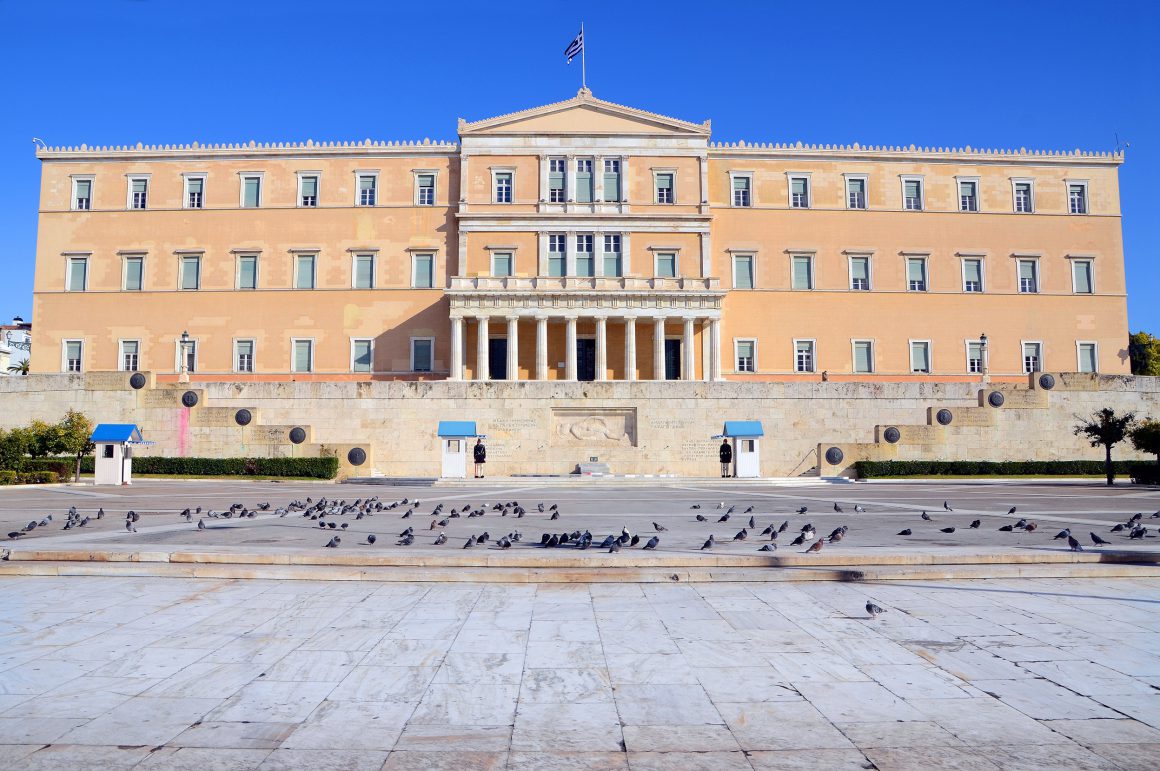When the Greek conservative party failed to gather the necessary 180 votes to elect a president in the third parliamentary vote, snap elections were called, and the European press diagnosed a political crisis. Within days it became evident that this was not the case. The elections were set for 25 January and the two main opponents, Nea Dimokratia and Syriza, engaged in their campaigns with more or less the same strategies they followed in the 2012 general elections. The conservative party has focused on the negative outcome of a possible Syriza government, while the leftist party has promised the end of austerity, both ensuring their points are also communicated in the European media. Syriza has been leading the opinion polls consistently ever since they were placed first in the European Parliamentary elections. They have a three-point lead over Nea Dimokratia, and are expected to win the elections.
However both parties are preparing for the day after, when Syriza will be expected to forge an alliance in order to form government. A possible ally would be the Social Democratic party, Dimar, whose leadership was originally in Syriza, before leaving in 2010 because of ideological differences. Other players include the new party, To Potami, led by journalist and media personality Stavros Theodorakis. While lacking a clear ideological position, To Potami is considered to draw votes from citizens traditionally close to Syriza. In the past few years, the right-wing populist party, Anel, has also converged with Syriza in opposing austerity measures, but its members originate ideologically from the Conservative party. The formerly formidable Socialist Party, Pasok, is not expected to gather more than 4% of the electorate. In addition, their former leader and Prime Minister, Giorgos Papandreou, has announced that he would form a new party ahead of the elections, with the potential to attract the voters who still see in him his father and founder of Pasok, Andreas Papandreou.
While the parties are still in negotiations, the initial talks between Syriza and Dimar have seemingly failed. The political climate is polarised but no more than it has been for the past two years. While talk of a Grexit has circulated in European media again, it has not gained traction within Greece. The deterrents of the 2012 elections do not have the same influence over the Greeks. On the political playing field as well as on the street, it is understood that austerity can continue no more.



